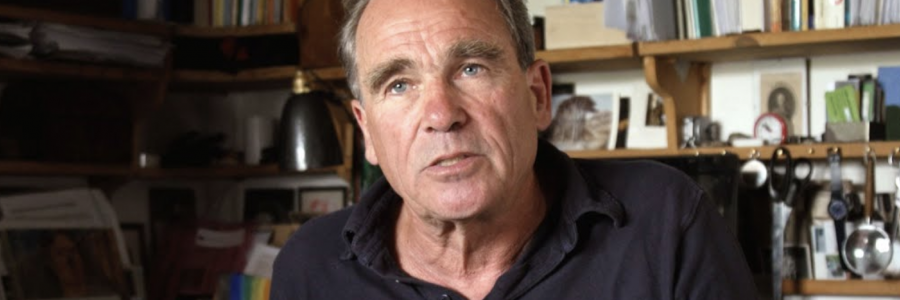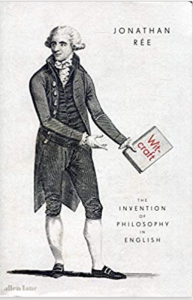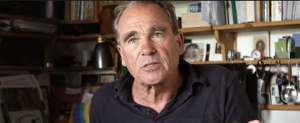
English Philosophy for open-minded readers


Ree in Witcraft declines to trace a single royal road through redundant errors towards a irrefutable truth.
In 1601, Hamelt teases Horatio about the “more things in heaven and earth than are dreamt of in your philosophie” and in 1951, Ludwig Wittenstein tells a friend that his later work should carry a motto from King Lear:”I teach you differencers”. Witcraft’s 600-pages separate the Shakespearen book-ends, Jonaghan Ree Spans thousands of ideas and guiders us through the sea of English language.witcraft title comes from a 1573 logic textbook by a clergyman suspicious of “bastard Latin” and imported Greek.
Ree presents philosophy’s past in English – which embraces a formative history of translations and exchanges with Greek, Latin, French, German and Italian thought.
Thomas Sprat’s assurance in the 1660s that “ The English Genius is not so airy, and discoursive” as their neighbours’ proves only fitfully applicable.
Ree, give us the quarrelsome intimacy pride of place and also honours the homes for serious thought that flourished outside elite locations, including “dissenting academies” that nurtured Hazlitt and Mary Wollstonecraft to the summer schools in upstate New York run by metaphysical outdoorsman Tom Davidson.
Witcraft will give open-minded readers a good time, as philosophy become established in English, as Jonathan Ree calls the “condescending smugness” of traditional histories of philosophy.
The main aim of the book is to trace the history of philosophy in Great Britain from the time when it began to be written in English language until the end of the Victorian era.
Witcraft: The Invention of Philosophy in English by Jonathan Ree, Alan Lane £30, 768 pages.
